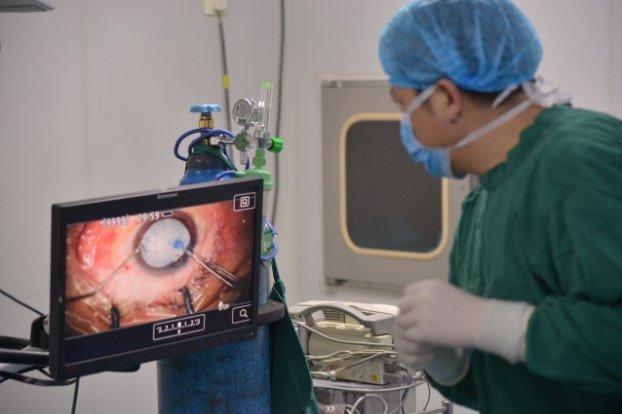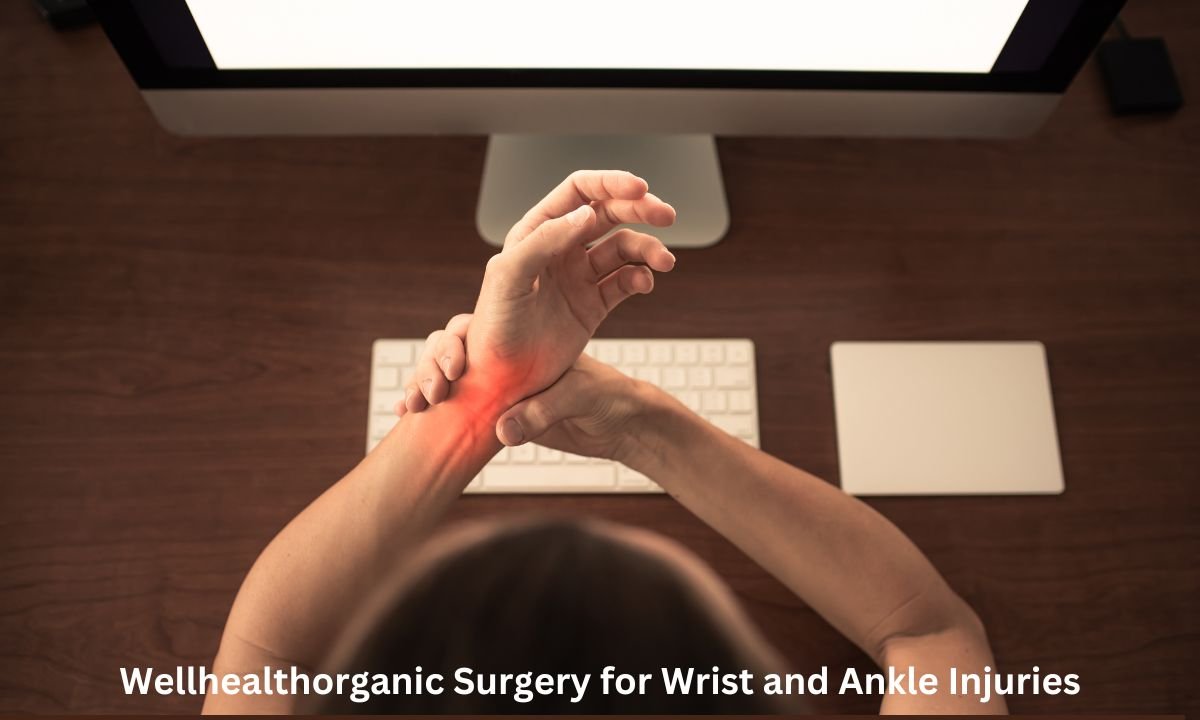Driving is a regular part of daily life for most people in Houston, offering autonomy and convenience. However, cataracts, one of the most common age-related eye diseases, can cloud your driving vision. If you are a cataract patient and are not sure if you can drive anymore, this information will analyze the issues at hand and also give you what Texas state law has to say about driving with impaired vision and how cataracts will affect your driving.
Knowledge of Driving Laws in Houston
In order to respond to how cataracts influence driving, first, let us obtain data concerning vision requirements of drivers in Houston, Texas. The Texas Department of Public Safety requires every driver to have at least 20/40 visual acuity in one eye, with or without glasses. This is mostly to enable drivers to react to road signs, pedestrians, and sudden hazards in good time.
If you fail the vision test at the time your license is being renewed, you’ll be referred to cataract specialists in Houston for further evaluation. If you don’t pass legislatively required tests for vision, you can expect your driver’s license to be limited or driving privilege to be suspended.
How Cataracts Can Affect Your Driving
Cataracts are formed when the lens in your eye becomes cloudy and forms vision problems. It can affect your driving skills a lot, particularly during difficult driving conditions such as night driving or weathered driving. The below are symptoms experienced by those persons who have cataracts and can become great disadvantages on the road:
Blurred or Clouded Vision: Cataracts make it difficult to drive clearly, making potential misjudgments while driving.
Glare and Sensitivity to Light: Dazzling headlights, streetlights, and sunlight are irritating and impact reaction time, especially at night.
Difficulty with Night Vision: The majority of cataract patients cannot see under low light, which is unsafe to drive in at night.
Difficulty Perceiving Colors: Color vision may worsen, and it would be more difficult to see traffic lights or road signs.
All of these conditions may raise the chances of an accident and put your life and the lives of other individuals on the road at risk.
Why It Is Important to Visit an Eye Doctor
If you truly feel that cataracts are affecting your vision, a doctor needs to be visited. An ophthalmologist with the right qualifications can assess how far along your cataracts are and let you know what can be done. Depending on how far along the issue is, cataract surgery may be recommended in an attempt to restore your vision and allow you to drive without issue.
The majority of the patients improve dramatically in sight following cataract surgery and are legally and confidently competent drivers once again. Delay, nevertheless, makes likelihoods of mishaps or even suspension of your driving license unthinkable. Routine checks on the eye are an important consideration for the early detection of cataract and vision correction anomalies before it becomes a danger.
Your Vision is Your Key to Safe Driving
Driving with cataracts in Houston involves being careful about your eyes and being a law-compliant driver in Texas. Cataracts not only endanger yourself but the public as well. With the knowledge that cataract symptoms impair driving, a visit to an eye doctor, and receiving adequate treatment, you will be in line with the law and driving safely.
If you’re concerned about how cataracts can affect your driving, get on the phone today and call an eye care professional. Good vision isn’t a selfish indulgence—it’s a responsibility to all the other motorists you’re sharing the road with.




